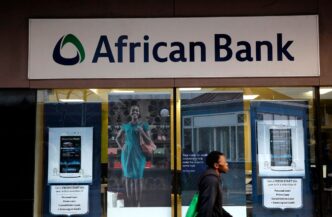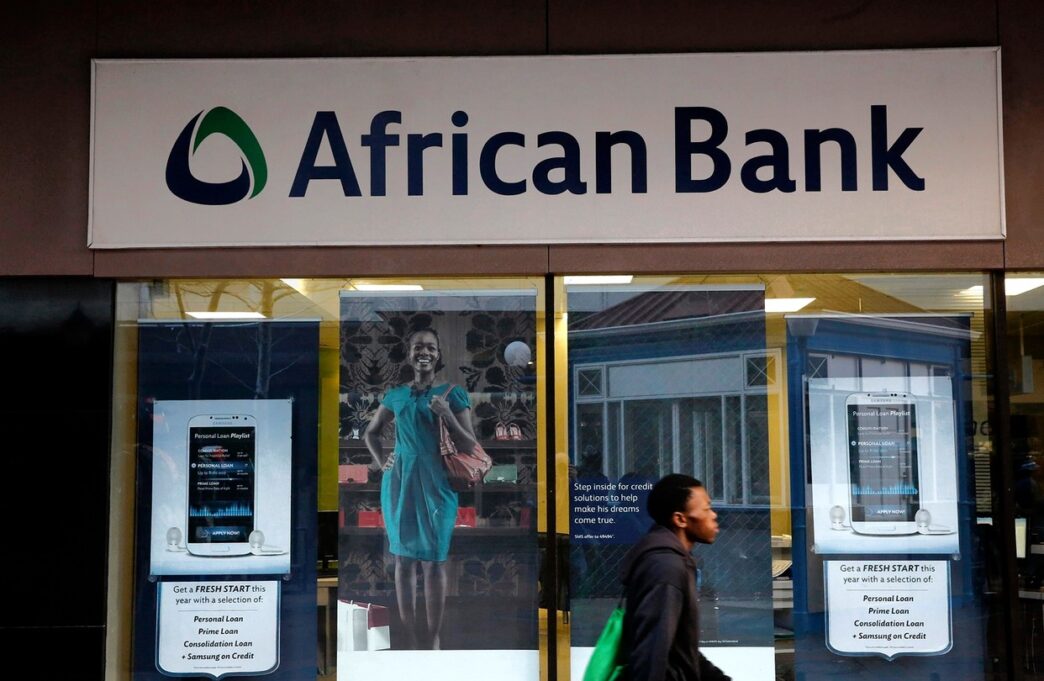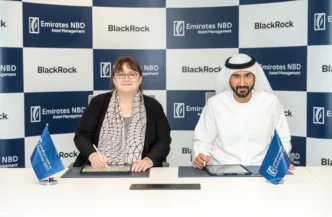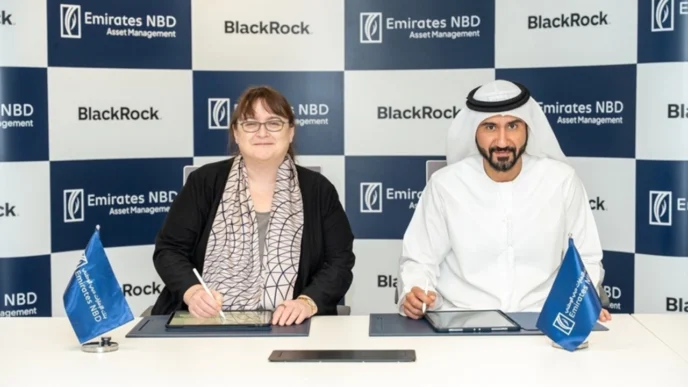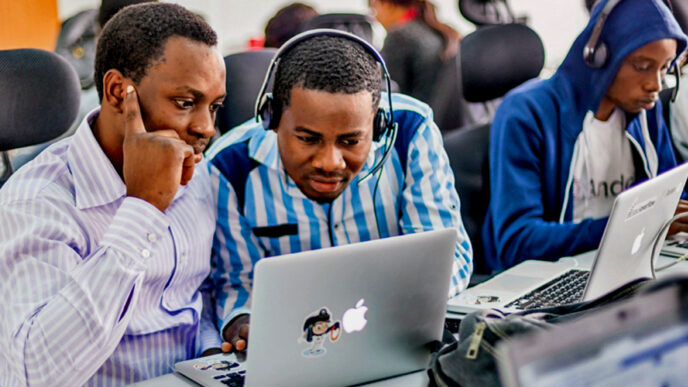African banks, including Afreximbank, are under scrutiny for financing Uganda’s East Africa Crude Oil Pipeline (EACOP), despite their public commitments to sustainable energy transitions.
At COP29 in Azerbaijan, Afreximbank executives emphasized their dedication to addressing climate change in Africa. However, just four months later, the bank confirmed its participation in a funding syndicate for the EACOP project, a venture that would transport crude oil from Uganda to Tanzania’s coastline for export.
This week, the African Export-Import Bank—largely owned by African governments—joined other financial institutions in providing the first tranche of external funding for the TotalEnergies-led project. South Africa’s Standard Bank, Uganda’s Stanbic Bank, KCB Bank, and Saudi Arabia’s Islamic Corporation for the Development of the Private Sector have also pledged financial support. The financing package, reportedly valued at around $1 billion, is the first of three anticipated tranches.
Environmental groups have strongly condemned the move. Samuel Okulony, CEO of the Environment Governance Institute, criticized Afreximbank’s decision as contradictory to its climate commitments, stating, “While they speak about energy transition and sustainability, their actions tell a different story.”
Afreximbank has yet to comment on the backlash.
EACOP Sparks Outrage and Resistance
Spanning 1,443 kilometers, the EACOP pipeline would transport crude oil from Uganda’s Lake Albert region to Tanzania’s Tanga port for global export. The project has been mired in controversy, with lawsuits and protests alleging environmental damage, forced displacement, and contributions to climate change.
A coalition of civil society groups denounced the funding announcement, pointing to the irony of its timing—on the same day, Ugandans were grappling with deadly floods linked to climate change. The New Vision newspaper, owned by the Ugandan government, reported on both events in a stark juxtaposition: EACOP’s funding secured, while the capital, Kampala, suffered from climate-induced disasters.
Activists warn they are considering legal action against banks financing the project, accusing them of prioritizing profit over the well-being of local communities. They claim thousands have already been displaced and that the pipeline will jeopardize ecosystems, agriculture, and tourism-dependent livelihoods.
Struggles to Secure Funding Amid Global Shift Away from Fossil Fuels
Uganda has sought to capitalize on its oil reserves in the Albertine Rift Basin for nearly two decades. However, the project has faced significant obstacles, including resistance from local communities and difficulties in securing investment.
Major Western banks, including BNP Paribas, Société Générale, Barclays, and Standard Chartered, have publicly distanced themselves from the project, citing environmental concerns. Last year, Ugandan Energy Minister Ruth Nankabirwa claimed that several European banks had privately committed to financing the project, but no official confirmation has emerged.
With Western institutions increasingly withdrawing from fossil fuel investments, African banks are stepping in to fill the void. Okulony described this shift as a “desperate move” by EACOP’s developers to demonstrate progress and attract additional investors.
Oil Investments Undermine Climate Goals
Afreximbank, whose principal shareholders include the governments of Egypt and Nigeria, has ramped up its investments in fossil fuels. In 2024, over 20% of its loan portfolio was allocated to oil and gas ventures, including projects in Nigeria and the Republic of Congo. The bank also announced a $1-billion financing facility for Guyana’s oil sector.
These investments stand in stark contrast to Afreximbank’s climate advocacy. At COP29, the bank called for increased climate finance and policies to accelerate Africa’s energy transition. Bank President Benedict Oramah warned that climate change would have devastating economic consequences if not urgently addressed.
Similarly, Standard Bank, another EACOP backer, has committed to net-zero emissions by 2050 under its climate policy. Yet its role in financing a massive fossil fuel infrastructure project appears to contradict this commitment.
Pipeline Funding Faces Continued Opposition
The STOPEacop coalition has condemned the decision to fund EACOP as an “assault on the planet,” labeling supporting banks as “enemies of the people” who enable environmental destruction and corporate profiteering at the expense of local communities.
Despite this latest financial injection, EACOP still requires substantial funding, with an estimated total cost of $5 billion. Okulony suggested the project is now turning to Islamic finance institutions, particularly in Oman, to secure additional backing.
Ryan Brightwell, deputy director at BankTrack, noted that EACOP has struggled to secure funding since 2018. “The fact that they’ve only now finalized one tranche of financing highlights the difficulties they are facing,” he said.
With mounting opposition and financial uncertainty, the future of the EACOP project remains uncertain, as climate activists continue their fight to halt its progress.

